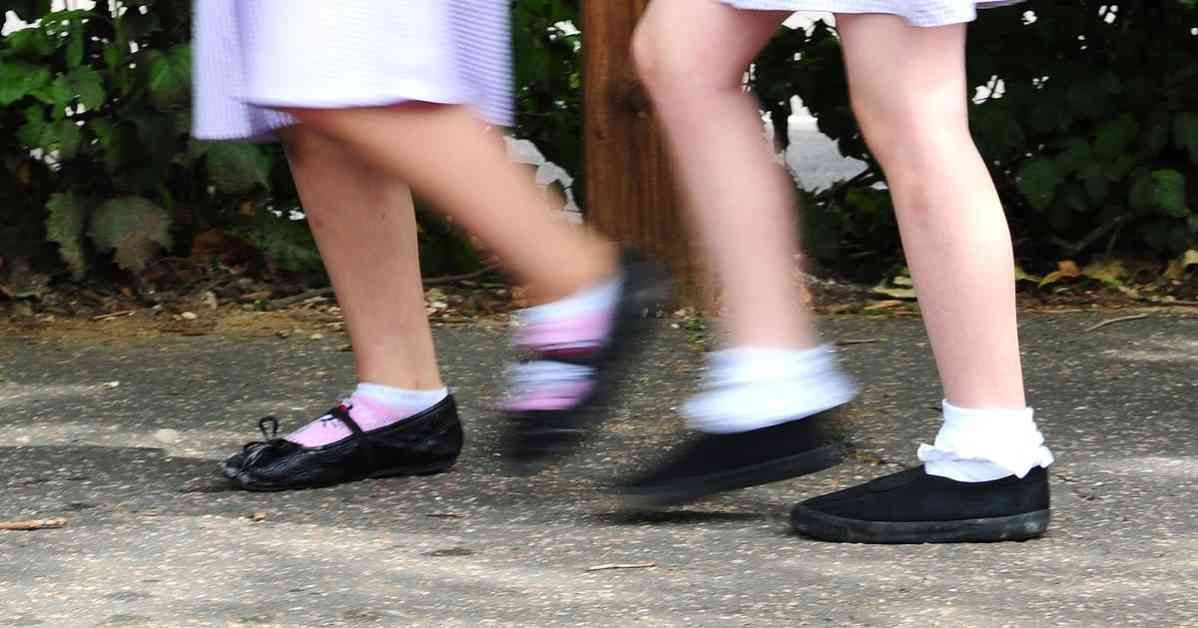Since Labour took office, around 10,000 children have fallen into poverty due to the two-child limit, according to the Child Poverty Action Group (CPAG). The policy, introduced by the Conservative government, has already affected 450,000 households and 1.6 million children. CPAG’s chief executive, Alison Garnham, emphasized the urgency of scrapping this policy to prevent more children from slipping into poverty.
The Joseph Rowntree Foundation (JRF) echoed these concerns, stating that the government needs to take action to address the rising child poverty rates. Katie Schmuecker, JRF principal policy adviser, highlighted the importance of setting out a plan this autumn to provide economic security for vulnerable households and alleviate the strain on public services.
Research conducted by a think tank revealed that reversing the two-child limit could lift 540,000 children out of absolute poverty. While this move would initially cost the government £1.7 billion a year, the Institute for Fiscal Studies (IFS) identified it as the most cost-effective policy for reducing child poverty. However, the IFS cautioned that some of the poorest households could still face challenges, such as being subject to benefit caps.
The benefit cap, introduced in 2013, aims to ensure fairness in the welfare system by limiting the amount of benefits a household can receive. Despite government spokesperson’s reassurance that efforts are being made to reduce child poverty through a new taskforce and the extension of the Household Support Fund, campaigners continue to advocate for the abolition of both the two-child limit and the benefit cap.
The clock is ticking as child poverty rates continue to rise, emphasizing the need for immediate and effective action to support vulnerable families and children. As Parliament reconvenes, pressure mounts on Chancellor Rachel Reeves to address these pressing issues and prioritize the well-being of those impacted by these policies. Scrapping the two-child limit and revisiting the benefit cap are key steps towards ensuring that no child in the UK lives in poverty.












